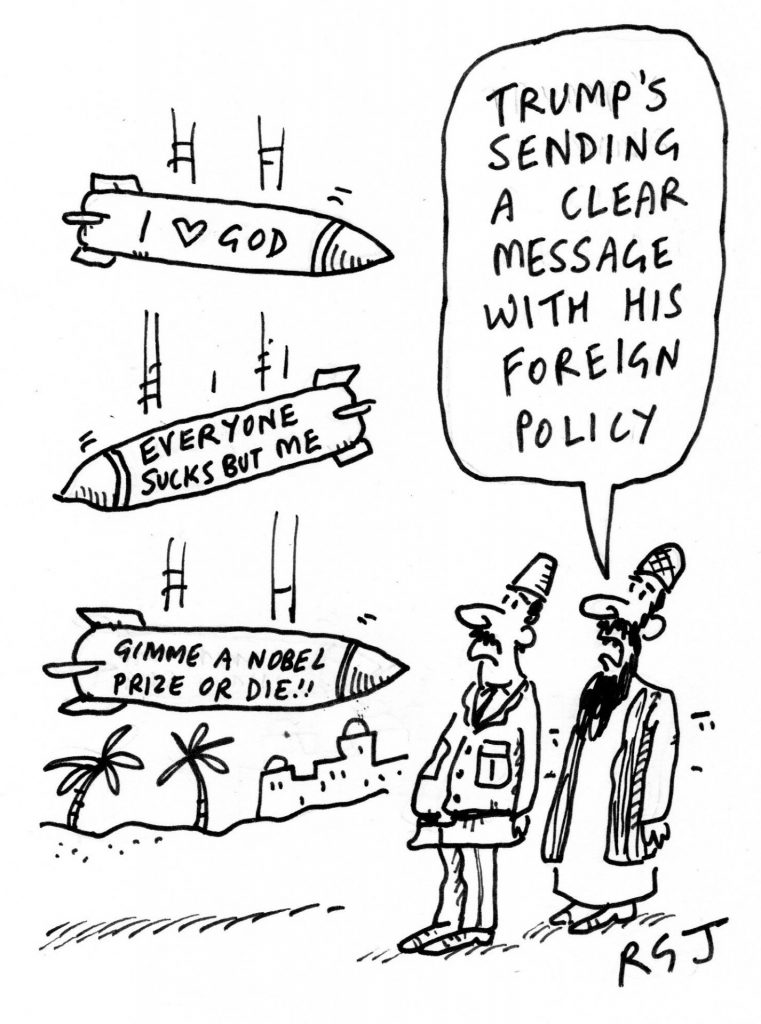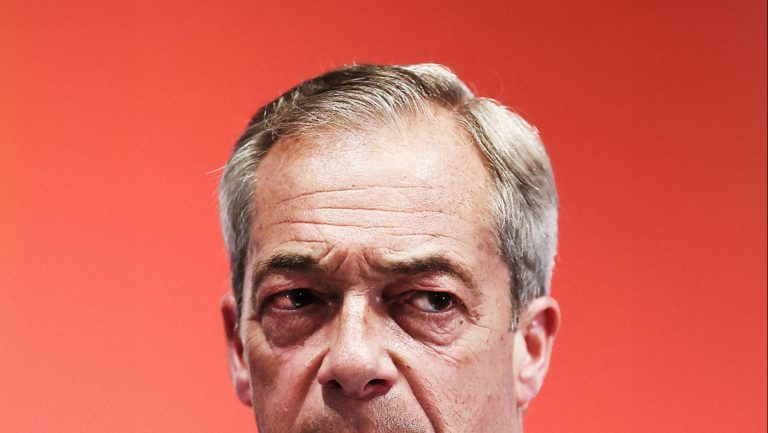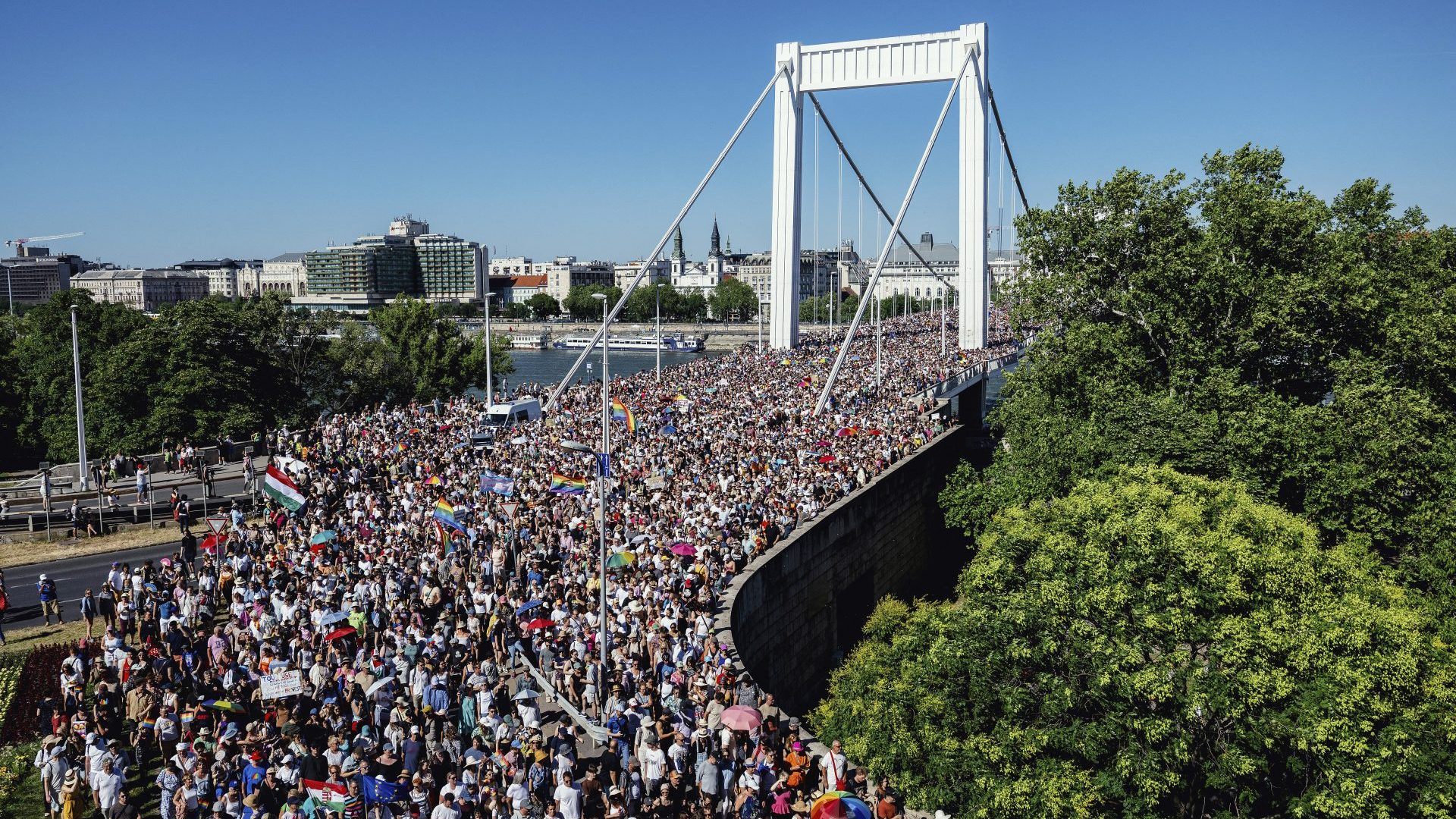So I spent BRAW (Brexit Referendum Anniversary Week) in Cyprus, and the day itself, known as NASH (National Act of Self-Harm), with its president, Nikos Christodoulides. I was interviewing him for a podcast that I do with Rory Stewart, which I try not to promote too much here in The New World, because obviously Matt Kelly and Matt d’Ancona think I should be plugging The Two Matts podcast instead.
But if you were to listen to the very end of our interview with President Christodoulides, which is out on The Rest Is Politics LEADING this week, you would hear an exchange that will almost certainly fuel any anger you may already have that NASH happened nine years ago last week.
Prior to becoming president, Christodoulides was foreign minister, prior to that a diplomat, including a spell as government spokesman in Brussels, during the last Cypriot presidency of the EU. At the time of the NASH aftermath, he was his country’s “sherpa” on Brexit, the man charged by the then-president to keep on top of all the negotiations, and make sure the interests of the former British colony were understood by the EU’s Michel Barnier and the Brits as they negotiated the messy divorce. So he has been round the diplomatic block, and seen Brexit from all sorts of angles.
I asked him to imagine he was not the spokesman for Cyprus 2016 but for Britain 2025, charged with setting out all the famed “Brexit benefits” that those who fought and won for NASH claimed they would deliver, and continue to insist have been delivered. He didn’t take long. There are none, he said. He couldn’t see a single benefit, either to the UK or the EU. “It was a lose-lose situation.”
Doubtless, many of you think that already, so nothing new. Where your anger may jump, however, is where he recalls the conversations his former boss and predecessor, President Nicos Anastasiades, had with David Cameron. The then PM of the UK told his homologues not to worry, that he had to call the referendum to sort out the Europe issue in his party, but that the vote would be 60 or 70% for Remain. Chatting later, Christodoulides recalled an even more confident Cameron predicting a 71%-29% split for Remain v Leave.
The Cypriots were far from alone in seeking to persuade Cameron not to do it. Both François Hollande of France and Angela Merkel of Germany have told me of the efforts they made to warn him that his confidence might be misplaced, because referendums tended to go off in directions nobody expected.
So governments from Ireland in the far west of Europe, to Cyprus in the far south east, have had to pick up the pieces of a decision none of them wanted, but which has had an impact on all of them. Christodoulides said the Brexit debate created what amounted to a lost decade for the UK in the world of diplomacy. It is quite something to hear the leader of a small country speak so frankly about its former colonial master, and a permanent member of the UN Security Council to boot. But he’s not wrong.

Amid all the criticism being hurled at Keir Starmer over the welfare rebellion, Christodoulides offered unadulterated praise for the prime minister. He said the change of government a year ago has delivered a genuine change in relations, and that EU leaders feel Britain is back in business as a serious country, with a serious leader.
Those of you who have been with us since The New European was created in the wake of NASH might often feel, as I do, that the government could be a lot bolder about repairing the damage Brexit has done. Christodoulides could not have been warmer about the way Keir Starmer has conducted himself as he seeks to do so.
Starmer became the first PM in over half a century to make a bilateral visit, and he did so not by landing at one of the two RAF bases on the island, but at Larnaca airport. The symbolism did not go unnoticed.
Suggested Reading


Starmer, here’s three ways to beat Reform
I have a pretty good bullshit detector when it comes to politicians talking about each other, and his assessment of Starmer came over as one of genuine respect and fondness. Christodoulides was aware of Labour’s current standing in the opinion polls, and found it as unfathomable as the decision of David Cameron to opt for the referendum in the first place.
Reputation is a hugely important currency in politics, and the PM needs to apply some of the characteristics and methods he has applied to building it with leaders of other countries to his relationships closer to home, especially his MPs.
Of course, much of our discussions in Nicosia concerned “the Cyprus problem,” the de facto partition of the island which emerged from the Turkish invasion in 1974, which followed a coup backed by the junta in Athens aimed at uniting Cyprus with Greece. It has led to one of the most difficult, complicated, seemingly intractable foreign policy issues going.
As with all difficult, complicated, seemingly intractable problems, it is important to keep a sense of humour. Arriving in my hotel room in Nicosia, I flung open the windows to see the outlines of a giant Turkish flag cut into the hillside on the far side of the UN buffer zone that runs through this divided capital. It was, I must say, very impressive trolling, and it got even better… as I arrived back from a dinner with the president’s team, the flag now took the form of some very bright lights flashing at me from what the Greek Cypriots call the occupied territories, and the Turks (if nobody else) call the Turkish Republic of Northern Cyprus. See what I mean about complicated.
Apologies if you tuned into Channel 4’s documentary on Nigel Farage last week, having been tempted to do so by my piece here about the interview I did for it, recording my self-satisfaction at having labelled him a combination of an economic Liz Truss and a political Boris Johnson… because if you did, you might have been struck by my absence. It turned out that there was a problem with the sound, and the French cameraman was getting it in the neck for not having fixed it. Bloody annoying though… I even put on a jacket.
Sticking with Channel 4 documentaries, well done them for broadcasting the film the BBC commissioned but then failed to show, about the systematic destruction of healthcare in Gaza. That the BBC is somehow “anti-Israel” has been well and truly debunked by a recent detailed analysis of 3,873 articles and 32,092 broadcast segments, which concluded that any bias has been overwhelmingly against Palestinians.
The report found, for example, that the BBC used emotive terms four times as much for Israeli victims as for Palestinians and applied the word “massacre” 18 times more to Israeli casualties than Palestinians.
And that the UK media and body politic more generally has lost the plot was underlined once more at the weekend… one musician I had heard of, and another I had not, got the Glastonbury crowd going with anti-Starmer and anti-Israeli chants… Cue “whoosh, breaking news”, front-page outrage, Kemi Badenoch and Nigel Farage reaching immediately for their Twitter fingers.
Was it really more newsworthy, or more important, than the latest batch of Palestinian children killed while trying to get food at one of the US/Israeli-run humanitarian assistance centres in Gaza, which most of our media and politics greeted with total indifference?




